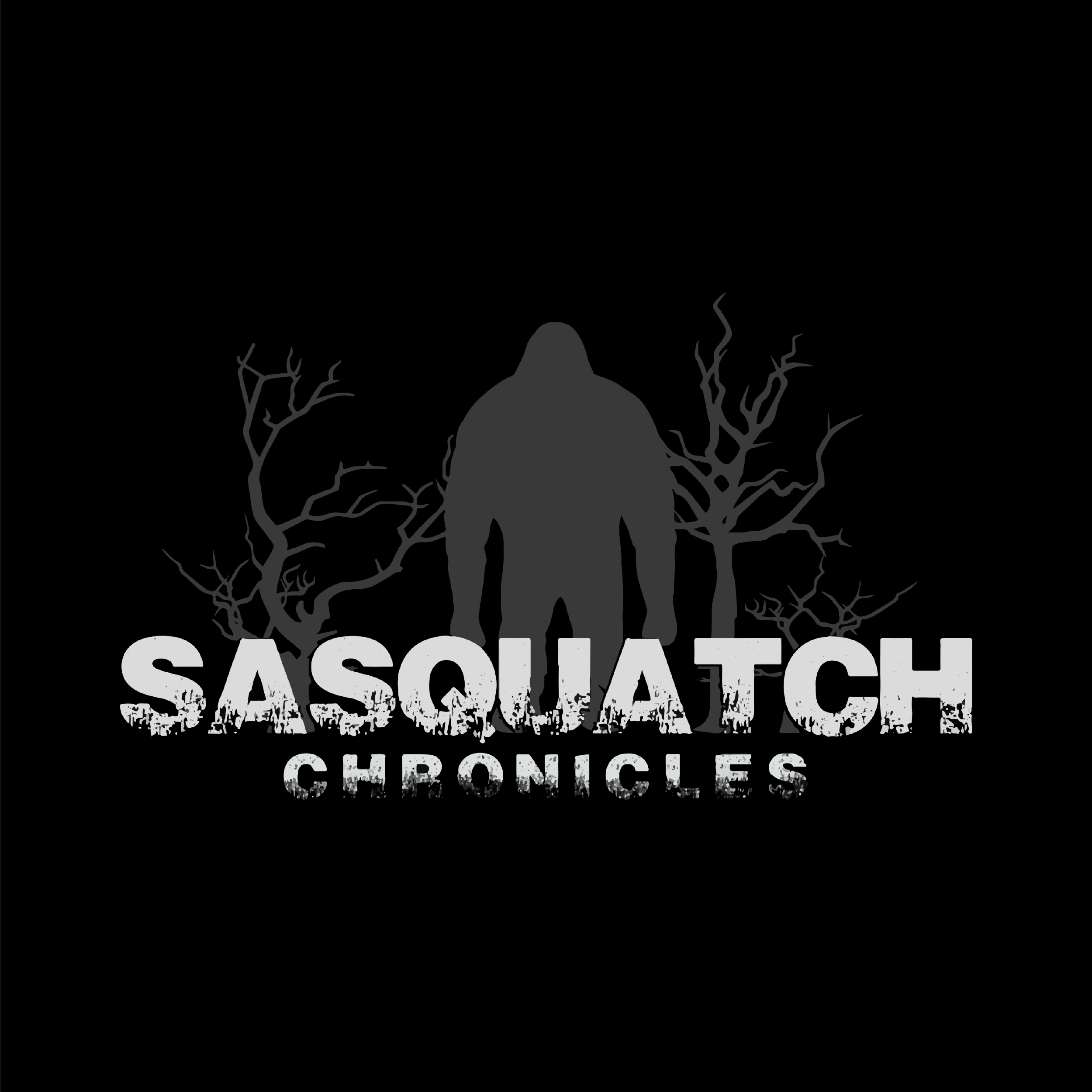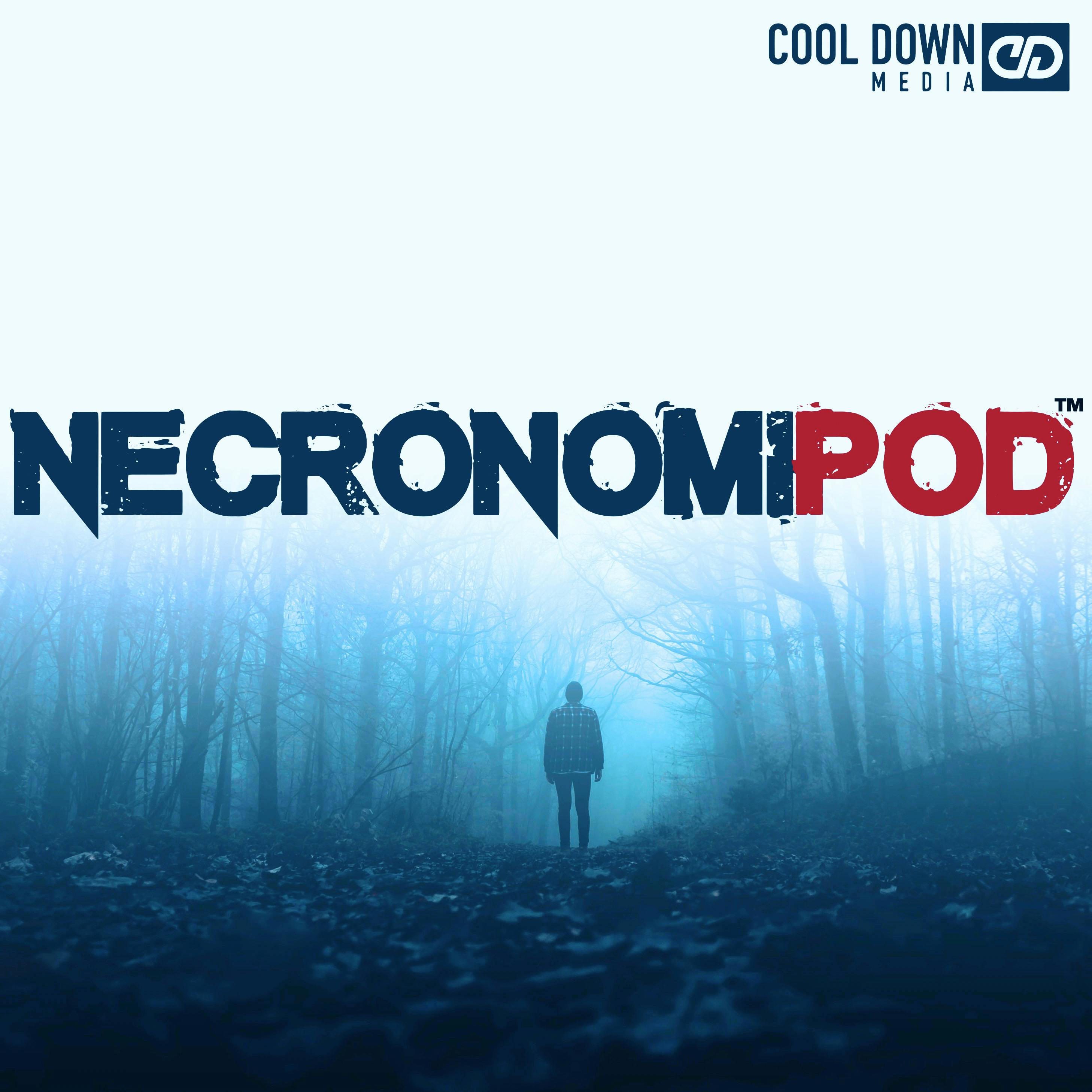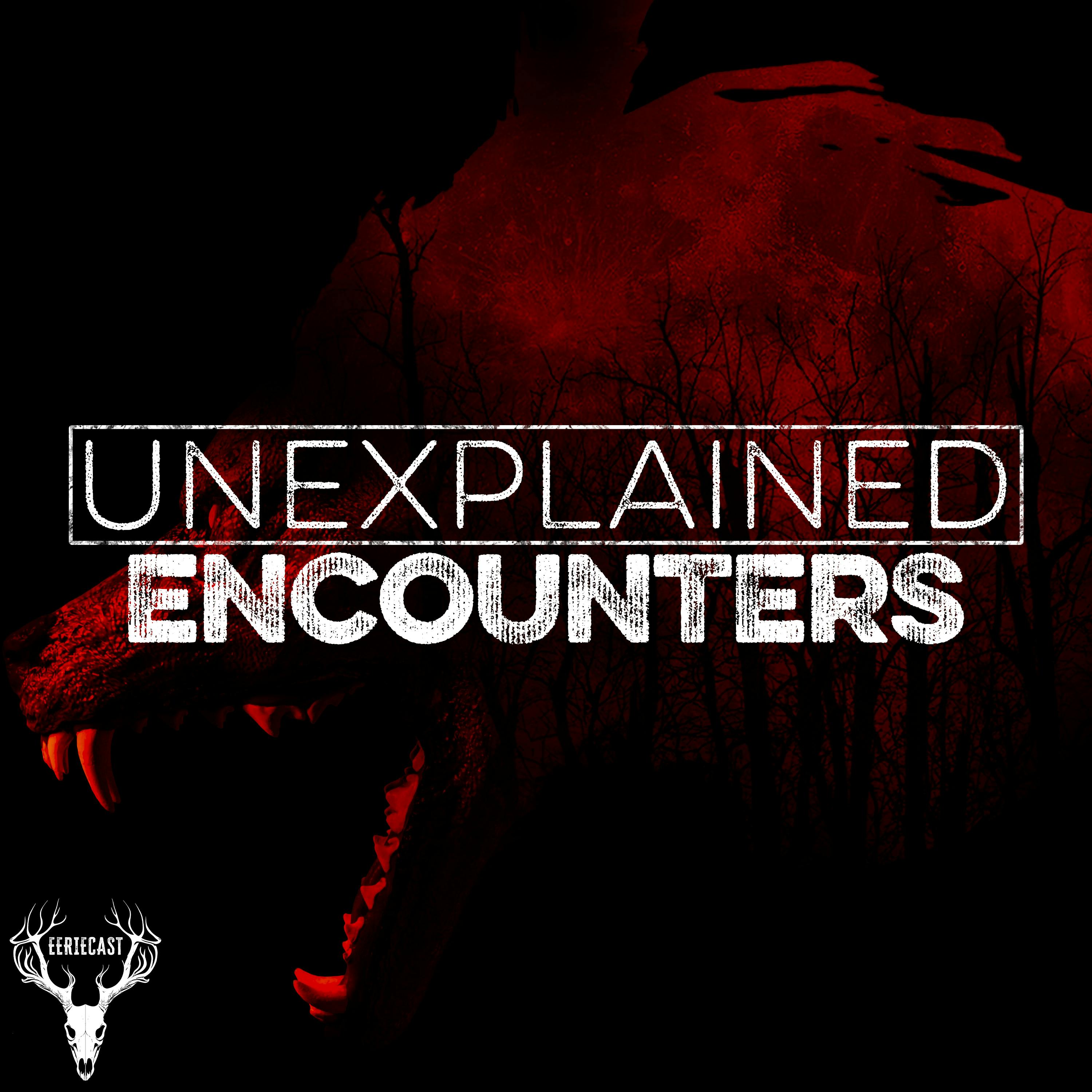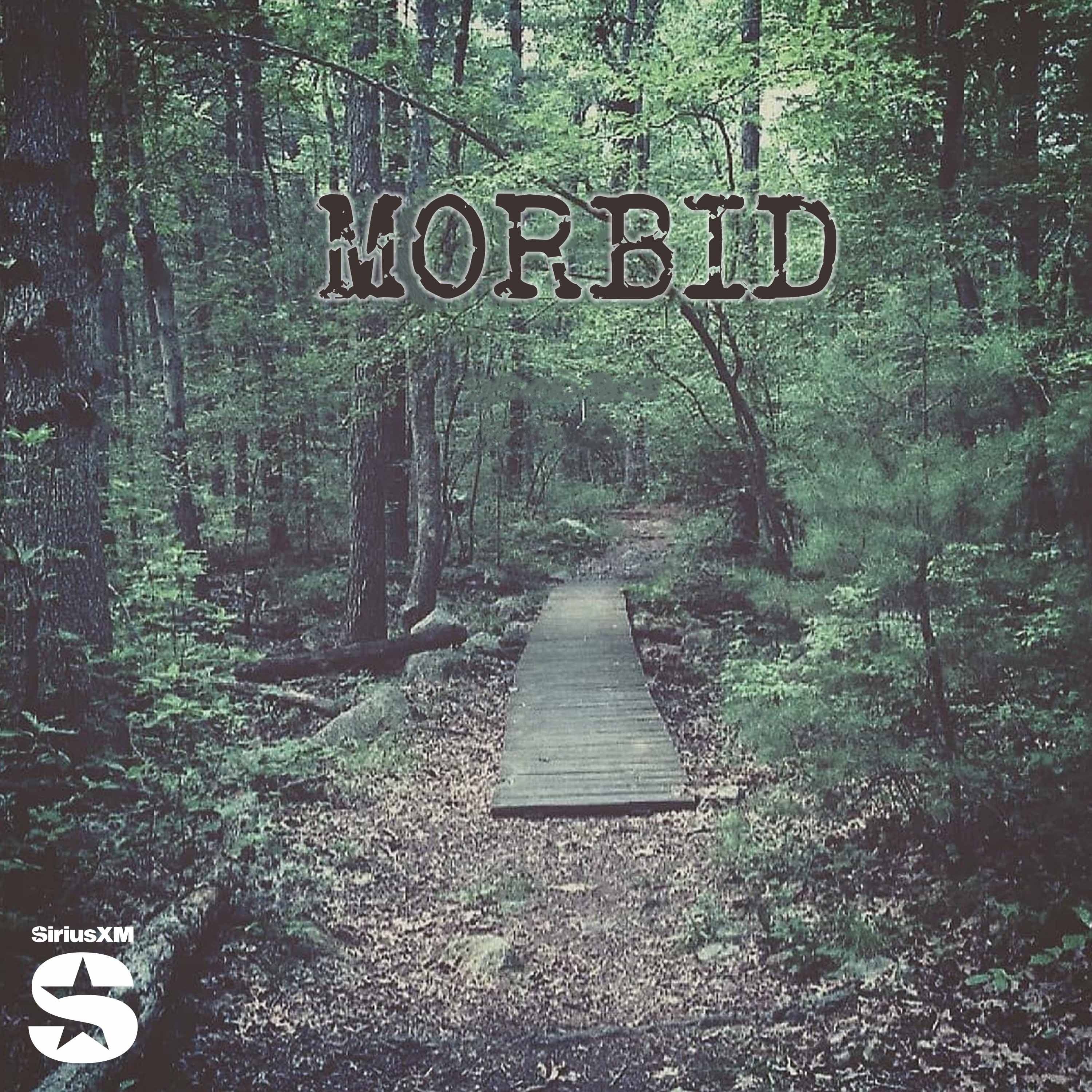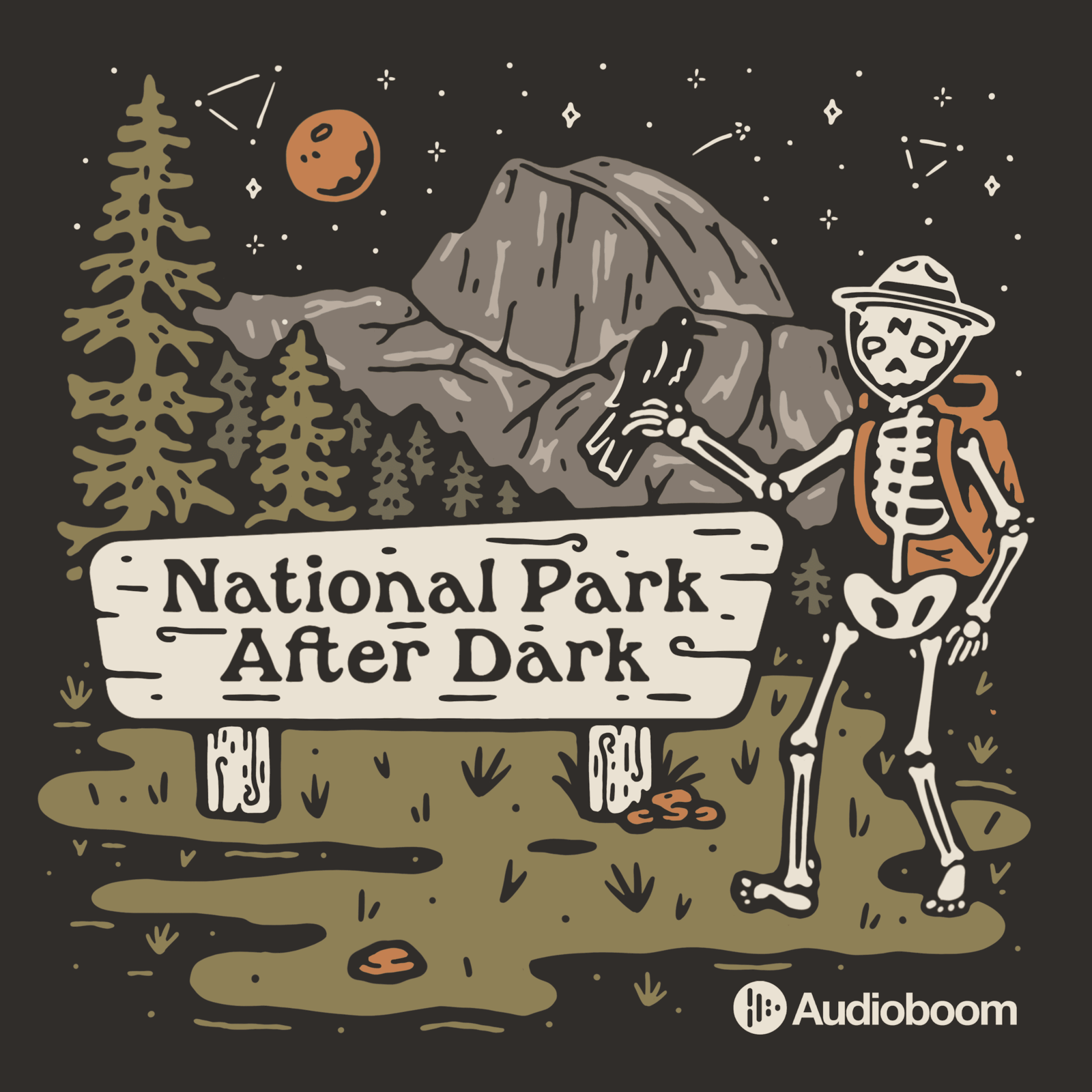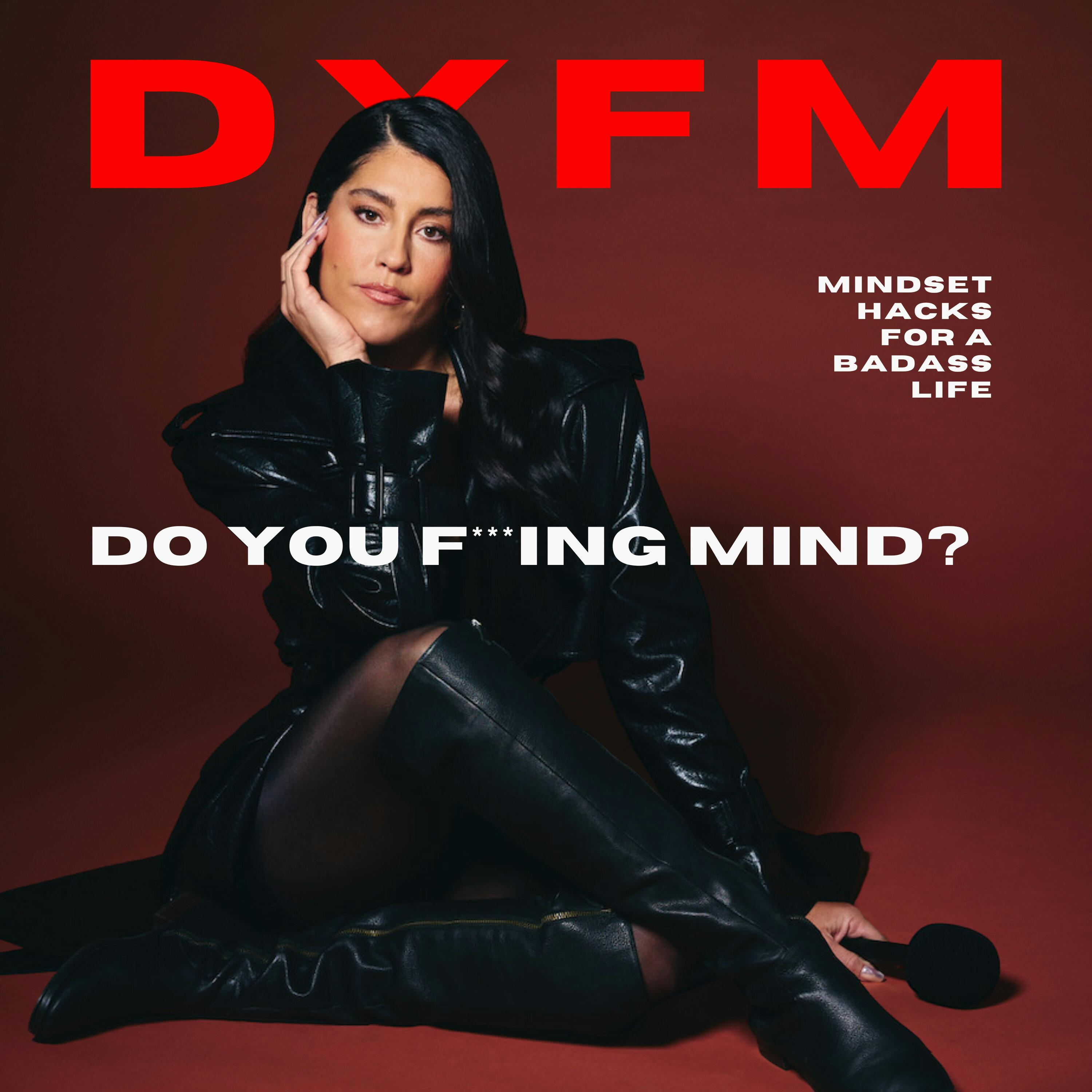.png)
Petra's Dark & Dreamy
Immerse yourself in a rich tapestry of classic literature, love poetry, and eerie tales that invite you into a dreamlike, otherworldly experience. Each episode is designed without jarring music or sound effects in order to flow into the next episode without disrupting your peaceful slumber.
Additionally, subscribers can access PPE's (Petra's Personal Episodes) in which you'll get a glimpse into the personal side of Petra's Dark & Dreamy. Each personal episode will explore a variety of intriguing topics aimed at sparking curiosity and deepening our empathy. Petra invites listeners to contribute their own stories—whether lessons learned, unique experiences, or challenges faced—anonymously or openly, depending on your comfort. Join us as we embark on this shared journey of exploration and connection!
Do you have a story to share? We’d love to hear it—any topic is welcome! Please email us at petrasdarkanddreamy@gmail.com, and be sure to include your topic in the subject line. We can't wait to connect with you!
Subscribe for access to exclusive content. Become one of the first 100 subscribers to request Petra's telling of your favorite pre-1928 literature!
Support the Show at the Links Below!
https://petrasdarkanddreamy.buzzsprout.com/subscribe
https://buymeacoffee.com/petrasdarkf
CashApp $PetrasDnD
Petra's Dark & Dreamy
THE WAR OF THE WORLDS, BOOK 2 CHAPTER 7, H. G. Wells
Unlock the mysteries of the night with Petra's Dark & Dreamy. Drift into tranquility with our immersive sleep stories, where every episode weaves a spellbinding narrative designed to lull you into a restful slumber. Embrace the enchanting blend of soothing voices and captivating tales, and let your dreams take flight with Petra's Dark and Dreamy. Sweet dreams await!
InThe War of the Worlds, Book 2, Chapter 7, the narrator reunites with the artilleryman, who excitedly shares his grand plan for surviving the Martian invasion by hiding underground and forming a tough, secret society to preserve human knowledge. He dreams of one day rising up against the Martians. But as the narrator listens, he realizes the artilleryman’s talk is mostly fantasy — the man has done little to prepare and is caught up in grand but empty visions, highlighting humanity’s mix of hope, pride, and helplessness.
Notes on the 1896 Cockney accent vs. todays modern Cockney:
A comparison between the 1896 Cockney accent and the modern Cockney accent reveals how London’s working-class dialect has changed over more than a century. Here’s a breakdown across key features:
1. Pronunciation (Phonology)
TH-fronting (e.g., “think” → “fink”)
•1896: Rare or absent. “Th” sounds like /θ/ and /ð/ were usually preserved.
•Modern: Very common. “Th” becomes /f/ or /v/ (e.g., “brother” → “bruvver”).
Glottal stop (e.g., “bottle” → “bo’le”)
•1896: Emerging, but not yet dominant. “T” was often pronounced more clearly.
•Modern: Extremely widespread. Glottal stops replace “t” in many positions.
H-dropping (e.g., “house” → “’ouse”)
•1896: A key Cockney trait already present.
•Modern: Still common, though less so among younger speakers due to influence from other accents or dialect leveling.
L-vocalization (e.g., “milk” → “miwk”)
•1896: Very rare or non-existent.
•Modern: Very common. Final or pre-consonantal /l/ becomes a /w/-like sound.
Diphthong shift (e.g., “face” → “fice”)
•1896: Diphthongs more conservative; “face” would be more like [fæɪs].
•Modern: Vowels are more centralized or shifted (e.g., “face” → [faɪs], “goat” → [gəʊʔ]).
Subscribe for access to exclusive content! Become one of the first 100 subscribers to request Petra's telling of your favorite pre-1928 literature!
Do you have a story to share? We’d love to hear it—any topic is welcome! Please email us at petrasdarkanddreamy@gmail.com, and be sure to include your topic in the subject line. We can't wait to connect with you!
Sound effects by Pixabay
Let Petra know your name and the name of your 3 friends for a shoutout in the episodes!
.png)
